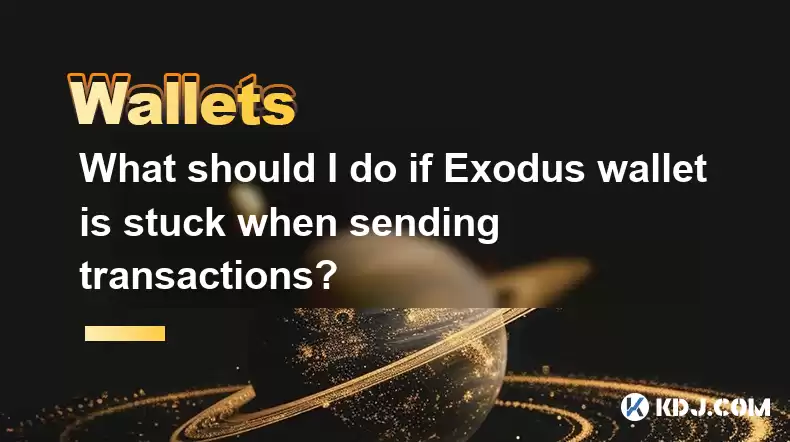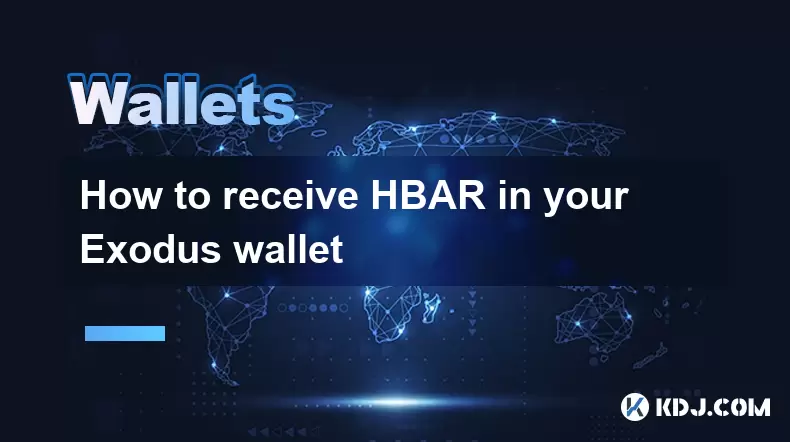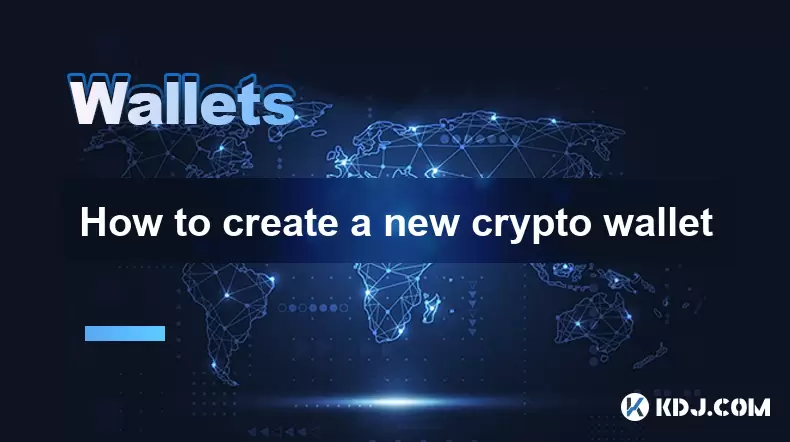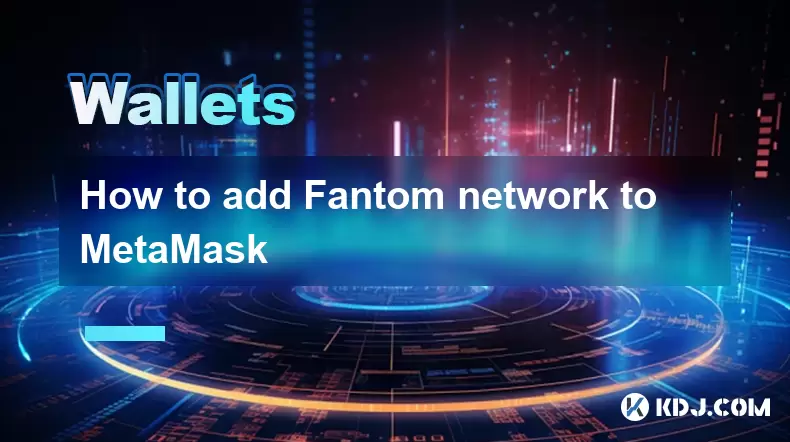-
 Bitcoin
Bitcoin $116700
0.24% -
 Ethereum
Ethereum $3973
4.34% -
 XRP
XRP $3.283
7.68% -
 Tether USDt
Tether USDt $1.000
0.01% -
 BNB
BNB $789.8
2.27% -
 Solana
Solana $176.2
3.31% -
 USDC
USDC $0.9999
0.00% -
 Dogecoin
Dogecoin $0.2238
5.14% -
 TRON
TRON $0.3389
-0.51% -
 Cardano
Cardano $0.7907
4.03% -
 Stellar
Stellar $0.4527
10.02% -
 Hyperliquid
Hyperliquid $41.07
4.27% -
 Sui
Sui $3.794
1.77% -
 Chainlink
Chainlink $19.49
10.40% -
 Bitcoin Cash
Bitcoin Cash $580.9
0.74% -
 Hedera
Hedera $0.2617
4.32% -
 Avalanche
Avalanche $23.41
3.67% -
 Ethena USDe
Ethena USDe $1.001
-0.03% -
 Litecoin
Litecoin $122.4
1.38% -
 Toncoin
Toncoin $3.364
1.49% -
 UNUS SED LEO
UNUS SED LEO $8.988
0.37% -
 Shiba Inu
Shiba Inu $0.00001295
2.82% -
 Uniswap
Uniswap $10.62
5.75% -
 Polkadot
Polkadot $3.922
4.46% -
 Dai
Dai $1.000
0.01% -
 Bitget Token
Bitget Token $4.494
2.15% -
 Monero
Monero $268.0
-1.30% -
 Cronos
Cronos $0.1523
3.68% -
 Pepe
Pepe $0.00001127
4.43% -
 Aave
Aave $285.4
4.85%
What should I do if Exodus wallet is stuck when sending transactions?
If your Exodus wallet transaction is stuck, check its status with a blockchain explorer, increase the fee, restart the wallet, update Exodus, or contact support for help.
Apr 14, 2025 at 09:56 am

If your Exodus wallet is stuck when sending transactions, it can be a frustrating experience. However, there are several steps you can take to resolve this issue and get your transactions moving again. This article will guide you through the troubleshooting process, ensuring you can address the problem effectively.
Understanding Why Transactions Get Stuck
Before diving into the solutions, it's important to understand why transactions might get stuck in the first place. Transactions can become stuck due to low transaction fees, network congestion, or issues with the wallet software itself. Low fees might not incentivize miners to include your transaction in the blockchain quickly, while network congestion can delay even high-fee transactions. Additionally, if the wallet software encounters a bug or glitch, it might fail to process the transaction properly.
Checking Transaction Status
The first step in resolving a stuck transaction is to check its status. You can do this by using a blockchain explorer. Here's how you can check the status of your transaction:
- Find your transaction ID (TXID): In Exodus, go to the transaction history and find the transaction in question. Click on it to reveal the TXID.
- Use a blockchain explorer: Websites like Blockchain.com or BlockCypher allow you to enter the TXID and view the transaction's status. If the transaction is still pending, it's stuck.
Adjusting Transaction Fees
If the transaction is stuck due to low fees, you might need to increase the fee to encourage miners to process it faster. Exodus allows you to bump the fee for stuck transactions. Here's how to do it:
- Open Exodus and go to the transaction history: Find the stuck transaction.
- Click on the transaction: Look for an option to 'Replace by Fee' or 'Bump Fee'. This feature is available for Bitcoin and some other cryptocurrencies.
- Increase the fee: Set a higher fee and confirm the transaction. This should help the transaction get processed more quickly.
Restarting the Wallet
Sometimes, simply restarting the wallet can resolve minor glitches that might be causing the transaction to stick. Here's how to restart Exodus:
- Close Exodus: Make sure the application is completely shut down.
- Reopen Exodus: Launch the application again and check if the transaction has moved.
Updating Exodus Wallet
If the issue persists, it might be due to a bug in the wallet software. Keeping your wallet updated is crucial for smooth operation. Here's how to update Exodus:
- Check for updates: Open Exodus and go to the settings menu. Look for an option to check for updates.
- Download and install the update: If an update is available, follow the prompts to download and install it.
- Restart Exodus: After the update, restart the wallet and check if the transaction issue is resolved.
Contacting Exodus Support
If none of the above steps work, it might be time to reach out to Exodus support. Exodus offers customer support through their website. Here's how to contact them:
- Visit the Exodus support page: Go to the official Exodus website and navigate to the support section.
- Submit a support ticket: Fill out the form with details about your issue, including the TXID and any error messages you've encountered.
- Wait for a response: Exodus support will get back to you with further instructions or solutions.
Using a Different Wallet
In some cases, the issue might be specific to Exodus, and using a different wallet could help. Here's how to transfer your funds to another wallet:
- Set up a new wallet: Choose a reputable wallet like Electrum for Bitcoin or MyEtherWallet for Ethereum.
- Generate a new address: In the new wallet, generate a receiving address.
- Send funds from Exodus: In Exodus, initiate a new transaction to the new wallet's address. Make sure to set an appropriate fee to avoid the transaction getting stuck again.
- Confirm the transaction: Once the transaction is confirmed on the blockchain, your funds should be in the new wallet.
FAQs
Q: Can I cancel a stuck transaction in Exodus?
A: Unfortunately, once a transaction is broadcast to the network, it cannot be canceled. You can only try to speed it up by increasing the fee or wait for it to be processed.
Q: How long should I wait for a stuck transaction to resolve itself?
A: The time it takes for a stuck transaction to resolve can vary widely depending on the network congestion and the fee you set. It could take anywhere from a few hours to several days.
Q: Will increasing the fee always resolve a stuck transaction?
A: Increasing the fee can help, but it's not a guarantee. If the network is extremely congested, even a high fee might not be enough to get your transaction processed quickly.
Q: Is it safe to use a different wallet to resolve a stuck transaction?
A: Yes, using a different wallet is generally safe as long as you choose a reputable and secure wallet. Always ensure you're downloading software from official sources and following best practices for securing your funds.
Disclaimer:info@kdj.com
The information provided is not trading advice. kdj.com does not assume any responsibility for any investments made based on the information provided in this article. Cryptocurrencies are highly volatile and it is highly recommended that you invest with caution after thorough research!
If you believe that the content used on this website infringes your copyright, please contact us immediately (info@kdj.com) and we will delete it promptly.
- Roman Storm, Funding Effort, and the Looming Defense Retrial: A New York Minute on the Tornado Cash Case
- 2025-08-09 02:50:14
- Crypto's Wild Ride: XRP, Dogecoin, and the Altcoin Surge You Can't Ignore
- 2025-08-09 02:50:14
- Elon Musk, Bitcoin, and the Enduring Power of Approval: A Crypto Love Story?
- 2025-08-09 03:50:15
- Ruvi AI: The Next Big Thing After Ripple on CoinMarketCap?
- 2025-08-09 03:50:15
- Floki Price Surges: Elliott Wave and Fibonacci Setups Point to Potential Gains!
- 2025-08-09 02:30:16
- Pepe Price, RTX (Remittix?) & the $10K ETH Dream: NYC Crypto Chatter
- 2025-08-09 02:30:16
Related knowledge

How to manage your portfolio in Exodus wallet
Aug 08,2025 at 10:07pm
Understanding the Exodus Wallet InterfaceThe Exodus wallet is a non-custodial cryptocurrency wallet that supports a wide range of digital assets. When...

How to reset your MetaMask password
Aug 08,2025 at 01:28pm
Understanding the MetaMask Password Reset ProcessMany users confuse the MetaMask password with the seed phrase or private key, but they serve differen...

How to buy Dogecoin on MetaMask
Aug 08,2025 at 03:42am
Understanding Dogecoin and MetaMask CompatibilityDogecoin (DOGE) is a popular meme-based cryptocurrency that operates on its own blockchain, originall...

How to receive HBAR in your Exodus wallet
Aug 08,2025 at 11:28pm
Understanding HBAR and the Hedera NetworkThe HBAR cryptocurrency is the native token of the Hedera Hashgraph network, a distributed ledger technology ...

How to create a new crypto wallet
Aug 07,2025 at 09:22pm
Understanding the Basics of a Cryptocurrency WalletA cryptocurrency wallet is a digital tool that allows users to store, send, and receive digital ass...

How to add Fantom network to MetaMask
Aug 07,2025 at 08:21am
Understanding the Fantom Network and MetaMask IntegrationThe Fantom network is a high-performance, scalable, and secure blockchain platform designed f...

How to manage your portfolio in Exodus wallet
Aug 08,2025 at 10:07pm
Understanding the Exodus Wallet InterfaceThe Exodus wallet is a non-custodial cryptocurrency wallet that supports a wide range of digital assets. When...

How to reset your MetaMask password
Aug 08,2025 at 01:28pm
Understanding the MetaMask Password Reset ProcessMany users confuse the MetaMask password with the seed phrase or private key, but they serve differen...

How to buy Dogecoin on MetaMask
Aug 08,2025 at 03:42am
Understanding Dogecoin and MetaMask CompatibilityDogecoin (DOGE) is a popular meme-based cryptocurrency that operates on its own blockchain, originall...

How to receive HBAR in your Exodus wallet
Aug 08,2025 at 11:28pm
Understanding HBAR and the Hedera NetworkThe HBAR cryptocurrency is the native token of the Hedera Hashgraph network, a distributed ledger technology ...

How to create a new crypto wallet
Aug 07,2025 at 09:22pm
Understanding the Basics of a Cryptocurrency WalletA cryptocurrency wallet is a digital tool that allows users to store, send, and receive digital ass...

How to add Fantom network to MetaMask
Aug 07,2025 at 08:21am
Understanding the Fantom Network and MetaMask IntegrationThe Fantom network is a high-performance, scalable, and secure blockchain platform designed f...
See all articles

























































































